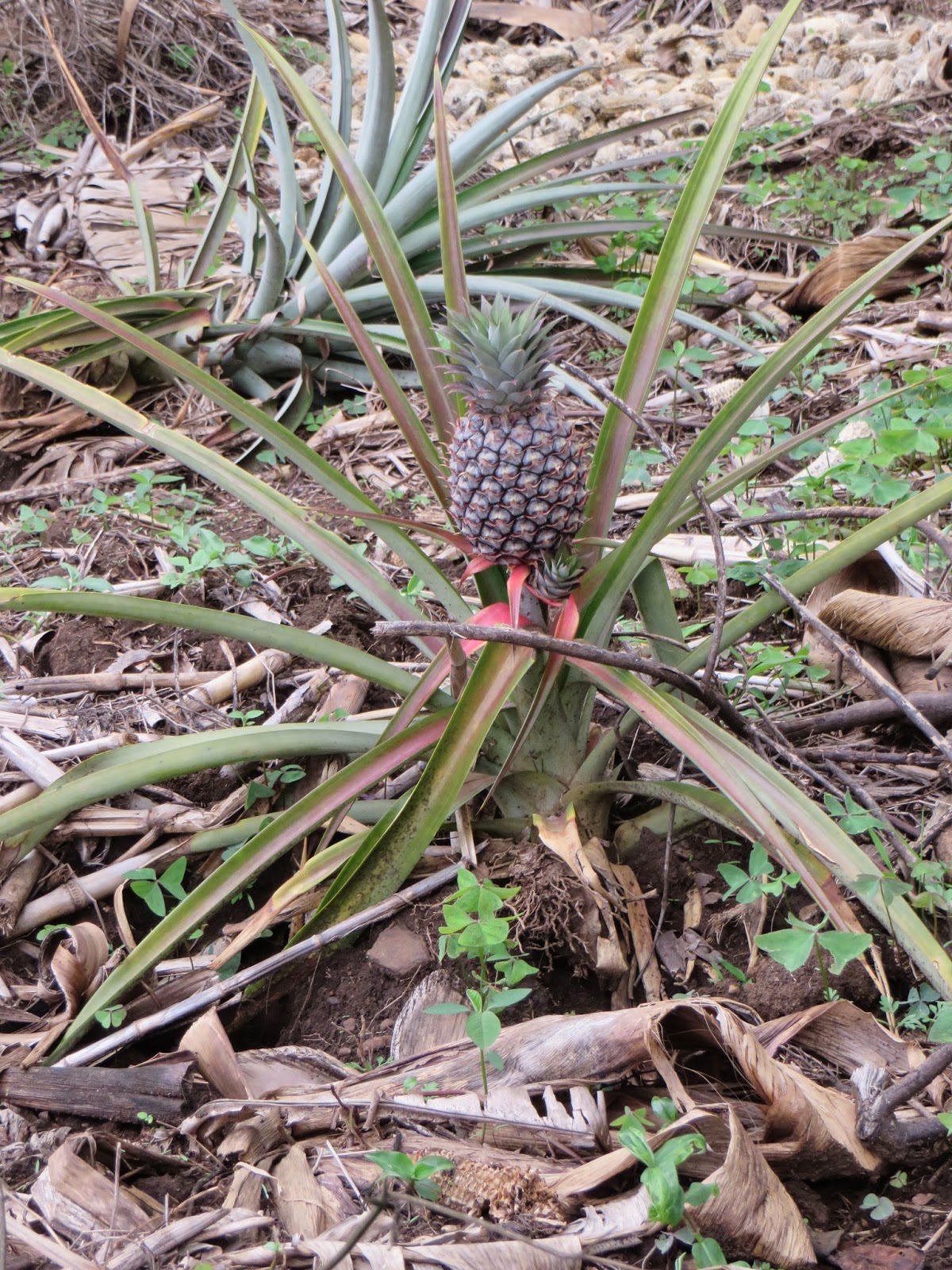Ellen, Lupiya,
Sarah, Kimena, Ben, Mangesha. We all have names and usually we don't
have just one but 2 or 3 or 4 or more. Names give us a sense of
identity. We associate them with who we are. We are given names or
nicknames out of affection. This is why when a teacher with the
organization I am a fellow at, Nyaka AIDS Foundation, gave me a name
I felt honored and that I needed to live up to my name.
I have been given
many names in my life. The one I was given at birth, Ellen, means
light or sun. I was named after my aunt, grandmother and great
grandmother. This is the name that I first came to know myself by.
It is my first and primary identity. It is the way my parents helped
me enter into the world and guided me into becoming the person that I
am now. I aspire to be light to people. I want to bring joy,
happiness and ah-ha! moments to people. I hope to bring sunshine and
warmth to people.
When I was a Peace
Corps Volunteer in a rural village in Zambia the children jokingly
named me Luatazho, trouble or problem. I enjoyed this name, partly
because when the children called me it at first the adults would look
shocked and didn't know how to respond. Partly, because the adults
eventually began calling me that name, but mostly because it meant
that I WAS being troublesome. I was forcing people to think about
their health and make changes. I caused good trouble in the
community. In a way, it was a badge of honor.
In the first few
weeks that I was at Nyaka AIDS Orphans Project the oldest teacher
decided take the role of giving me a name with great seriousness. A
few days later when she approached me telling me she had the name for
me, you could only imagine the anticipation that I felt. She decided
on the name Kiconco meaning a gift. She explained to me that it was
a gift for the Nyaka organization to have someone coming to help and
staying for a year. I explained to her that it was also a gift for
me to be in Uganda and being selected to work with the amazing staff
and community at Nyaka. It was a sign that she and the community
were welcoming with open arms.
No one wants to go
their whole lives being referred to as “person”. This is why we
are giving names, as identifiers. The names given to me mean
something. I think that this is the reason why when the children and
adults first began calling me Lukatazho I got excited. I was
accepted into their family. When the community at Nyaka began
referring to me as Kiconco it was a sign that I was truly present in
the community and important to them. As the name spreads from just
one person to the whole community it is a reminder how many people my
life can touch. The power of a name is also why I look up in
expectation when someone says “Ellen”. It reminds me of home and
my family and the kind of person that I would like to be. Names are
important they give us identity. People like to hear their name, its
a proven scientific fact.

Ellen is something I
hope to live up to. I hope I can be half as amazing as the women
that I am named after. I hope that I spread positive light where
ever I go. I hope that I can continue to be a Lukatazho (trouble)
and challenge individuals to move past the norms. I want to be a
Kiconco, gift, to Nyaka AIDS Orphans Project. I hope that when I
leave the community they feel like I was a gift. I want to always
remember what a gift my life has been and continue to be grateful for
the opportunities that I have had. Each name that I have been given
defines a piece of me. Ellen, Lukatazho and Kiconco are all
something that I aspire to be.
.jpg)



















































